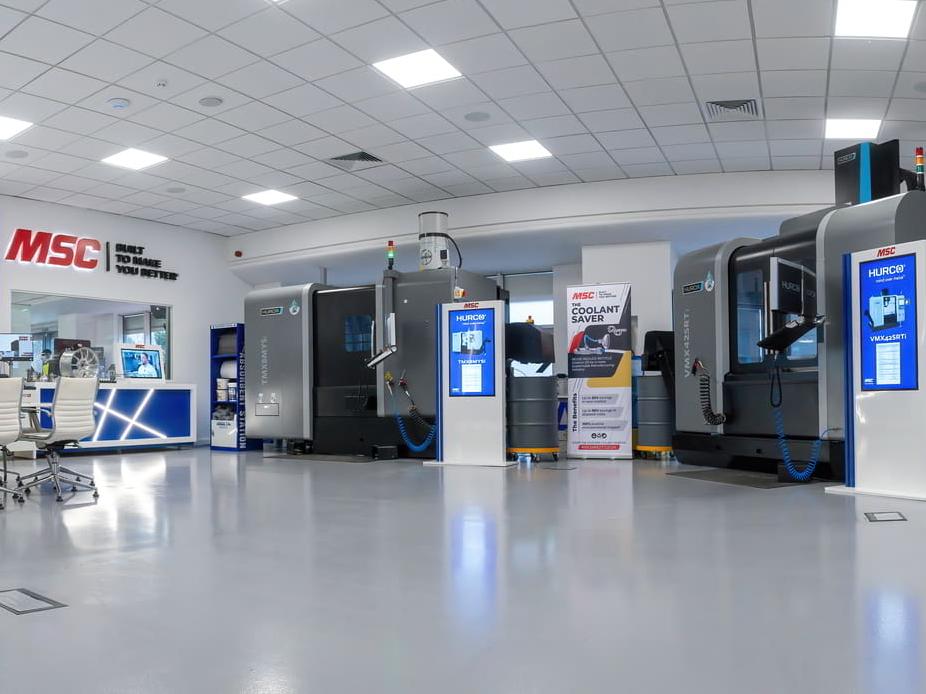Editor's comment for June 2019

I was fortunate to visit Vision Engineering earlier this year to discover more about its latest revolutionary 3D viewer.
In an era of political uncertainty dominated by our future relationship with Europe, it was heartening to visit a UK manufacturer that both designs and makes advanced technology that is sold on a global scale to some of the world’s most well-known electronic, medical and automotive brands.
It goes to show that UK companies can make a worldwide success of home-grown innovations if they make the right R&D, staff, investment, manufacturing, quality and marketing choices. In fact, when touring the company’s modern headquarters in Send, Surrey, it felt very much like visiting some of the most modern manufacturing facilities that I have encountered in other parts of Europe.
Similarly, in an age of increasing automation and doom-laden predictions about the impact that artificial intelligence and 3D printing will have on the future of manual employment it was a welcome reminder that the human will (and for many years to come) still play an important role in science, technological development and manufacturing.

Robots and sophisticated algorithms can only take you so far. When it comes to interpreting data and fine detailed manipulation of objects it takes a lot to beat six million years of evolution.
Vision Engineering’s optical and digital microscope and inspection systems, although very advanced, still rely on the human eye and brain to interpret and understand what they are seeing and make the best decisions about the results. Whether it’s identifying cancer cells, checking a circuit board or making sure a manufactured component meets the right standards, the human mind and physical assets are at the heart of Vision’s technology.
Ultimately it takes that hard to define attribute of intuition to make connections and a leap of imagination to make truly ground-breaking advances. Could a computer vision system look at mould growing on a Petri dish and realise it was killing bacteria as Alexander Fleming did when he discovered penicillin? I doubt it.
At times I think it’s easy to get carried away with the impact that AI, robotics and automation will have on our lives. An algorithm is defined as ‘a process or set of rules to be followed in calculations or other problem-solving operations, especially by a computer’.
What’s the old adage, aren’t rules there to be broken?
Ed Hill
Deputy Editor













